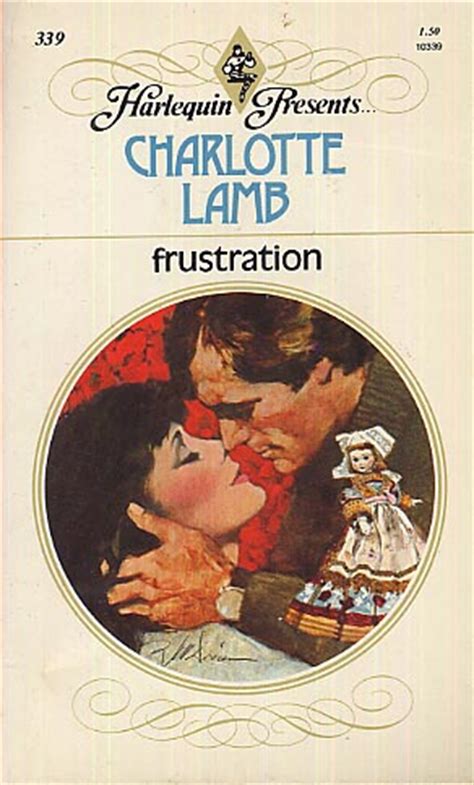A Quote by Benjamin Tucker
Anarchism may be described as the doctrine that all the affairs of men should be managed by individuals or voluntary associations, and that the State should be abolished..... Nor does the Anarchistic scheme furnish any code of morals to be imposed upon the individual. "Mind your own business" is its own moral law. Interference with another's business is a crime and the only crime, and as such may properly be resisted.
Related Quotes
The wise man does nothing but what can be done openly and without falseness, nor does he do anything whereby he may involve himself in any wrong-doing, even where he may escape notice. For he is guilty in his own eyes before being so in the eyes of others; and the publicity of his crime does not bring him more shame than his own consciousness of it.
In most ages many countries have had part of their inhabitants in a state of slavery; yet it may be doubted whether slavery can ever be supposed the natural condition of man. It is impossible not to conceive that men in their original state were equal; and very difficult to imagine how one would be subjected to another but by violent compulsion. An individual may, indeed, forfeit his liberty by a crime; but he cannot by that crime forfeit the liberty of his children.
If it comes to a question of law, the charges they brought against me - the Espionage Act - is called the quintessential political crime. A political crime, in legal terms, is defined as any crime against a state, as opposed to against an individual. Assassination, for example, is not a political crime because you've killed a person, an individual, and they've been harmed; their family's been harmed. But the state itself, you can't be extradited for harming it.
At the risk of repetition let me say again that my plea is not for immunity to, but for the most unsparing exposure of, the politician who betrays his trust, of the big business man who makes or spends his fortune in illegitimate or corrupt ways. There should be a resolute effort to hunt every such man out of the position he has disgraced. Expose the crime, and hunt down the criminal; but remember that even in the case of crime, if it is attacked in sensational, lurid, and untruthful fashion, the attack may do more damage to the public mind than the crime itself.
If today you can take a thing like evolution and make it a crime to teach it in the public school, tomorrow you can make it a crime to teach it in the private schools, and the next year you can make it a crime to teach it to the hustings or in the church. At the next session you may ban books and newspapers. Soon you may set Catholic against Protestant and Protestant against Protestant, and try to foist your own religion upon the minds of men.


































